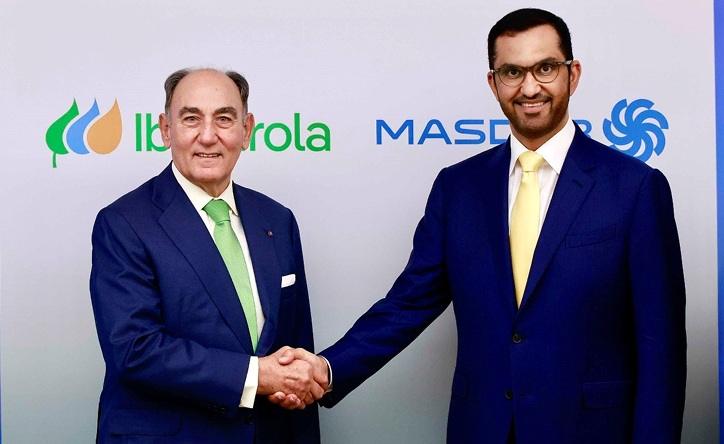Orange to Reduce Emissions Across Value Chain by 45% by 2030
Telecom giant Orange announced today a new commitment to reduce CO2 emissions by 45% by 2030, and reported on progress towards its key ESG objectives across digital inclusion, circular economy and diversity.
The announcements were made as part of the launch of Orange’s new strategic plan, “Lead the future,” which the company said “aims to generate value from the recognized excellence of its core business and to grow sustainably in Europe, Africa and the Middle East.”
Introducing the plan at the company’s Capital Markets Day on Thursday, Orange CEO Christel Heydemann said:
“Environmental and social issues are profoundly changing the way Orange runs its business. Using its purpose as a compass, Orange will transform itself to develop a more efficient and more resilient enterprise model.”
The new interim climate commitment, applying to Scope 1, 2 and 3 emissions, forms part of the company’s goal to reach a net zero carbon footprint by 2040, which Orange originally announced with the launch of its prior strategic plan, “Engage 2025” in 2019. In her presentation, Heydemann outlined some of the key focus areas for the company to achieve its goals, highlighting the company’s networks and IT as its main source of energy consumption, and committing to put “eco-design of products and services at the heart of our decisions.”
Heydemann also announced a commitment to have Orange’s climate ambitions validated by the Science Based Targets initiative (SBTi).
Other sustainability-focused initiatives under the new strategic plan include an ambition by the company to be the leader in cybersecurity in Europe and a key player in digital trust, with a focus on protecting personal data, promoting ethical use of AI and data and of responsible use of digital technology, and fighting cyber harassment, as well as the promotion of digital inclusion.
The company also provided updates towards its existing 2025 ESG goals, including the achievement of a 21% reduction in Scope 1 and 2 emissions compared to a 2015 baseline, reaching a 23% collected mobile of recycled and returned phones, and having 33% representation of women in management.
Heydemann added:
“ESG is at the heart of all our processes, with the full commitment of the group’s management team, for whom part of compensation is linked to non-financial goals.”





